Staying Fit

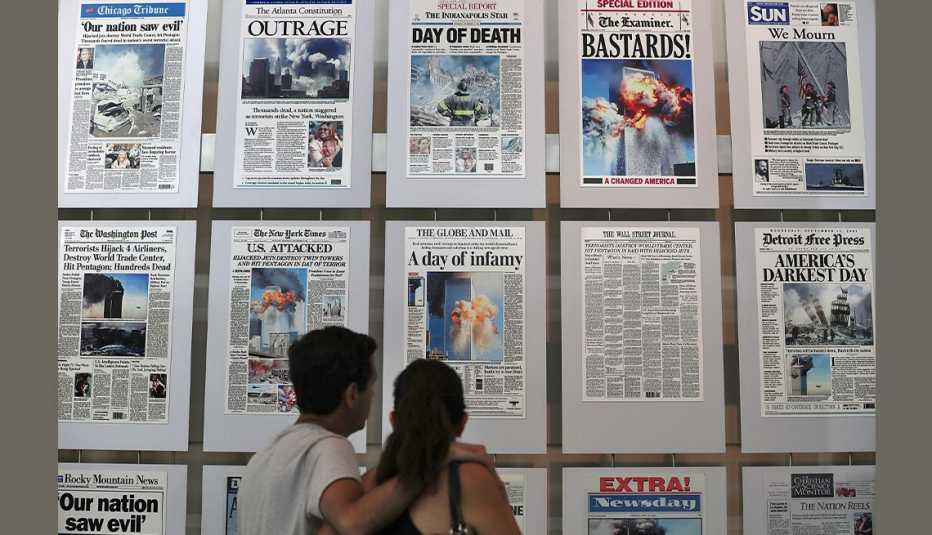
For some people, time stopped on Sept. 11, 2001. For others the day remains a blur. But most people have a story about where they were, what they were doing and what ensued as they learned about the terrorist attacks in New York, at the Pentagon and on a plane that crashed in Pennsylvania.

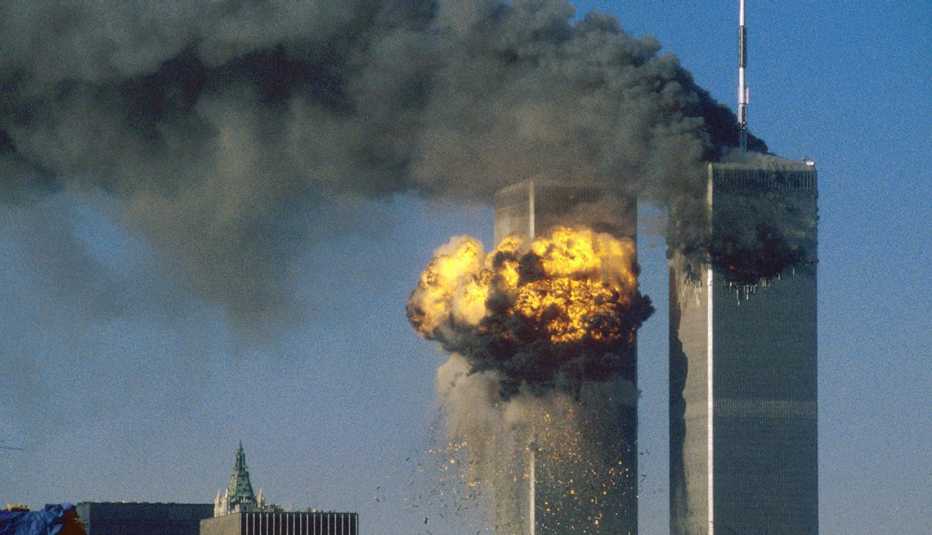
AARP's Full 9/11 Anniversary Coverage
Read and view more stories of rescue, recovery, grieving and healing, as we mark two decades since the tragic attacks of Sept. 11, 2001.
The events of 9/11 have become part of our American story, a touchstone prompting recollections in the same way the assassination of President John F. Kennedy in 1963 or the explosion of the Space Shuttle Challenger in 1986 do for those old enough to remember them. Whether people were on the ground in New York City on 9/11, across the country or in the rural heartland, the day was a collective experience for Americans.


AARP Membership— $12 for your first year when you sign up for Automatic Renewal
Get instant access to members-only products and hundreds of discounts, a free second membership, and a subscription to AARP the Magazine.
In some cases, the events people saw and experienced on 9/11 spurred them to make life-changing decisions or veer off their planned paths. On this 20th anniversary, we asked seven people who learned of the attacks from afar to share their memories of that fateful Tuesday morning and its impact on their lives.
Changed forever

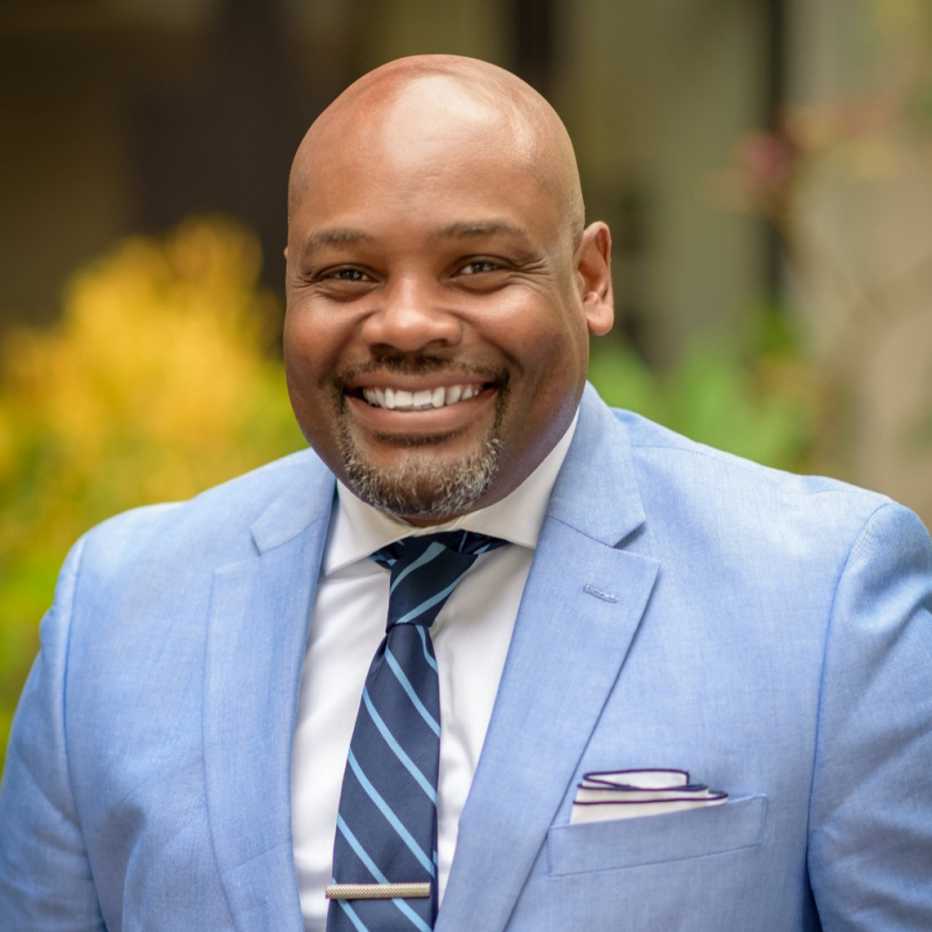
Victor LaGroon, 51, Washington, D.C.
Days like that, you don't forget. At the time I was working for a residential treatment center in Rochester, New York. One of my staff said, “Hey, there was an airplane accident in New York City.” I turned on the news and said to myself, “It's really odd that a plane could hit the World Trade Center.” Planes don't come in that way.
I was watching the live news feed when I saw the second plane slam into the second tower. At that moment, I said to myself, “Things are getting ready to change forever.” I knew something serious was going on.
For me, 9/11 was one of those pivotal moments in life. In 2003, I enlisted in the Army. It wasn't from the perspective of: I want to go be some hero. It was more from the perspective of: It's my turn. My grandfather served in World War II, my dad served in the ‘60s, my youngest cousin was a Gulf War vet. I'm probably the seventh or eighth person in my family to serve in the military. The day before my 35th birthday, I signed my contract.
I came into the military as an intelligence analyst. I served with the 10th Mountain Division in the U.S. Army. One part of our division went to Iraq. My brigade went to Afghanistan. We had great missions, we worked with international forces, we supported special operations and combat operations. My career was cut short because I had several injuries. My options were to get a different job and go to a different unit, or to medically retire. I chose to medically retire.
Like many who have worn a uniform, I'm extremely proud of the opportunity to have served with the people I served with. I think it's the greatest thing I have ever done. It came with a price, but I view my country differently because of the opportunity to serve.
The world stopped

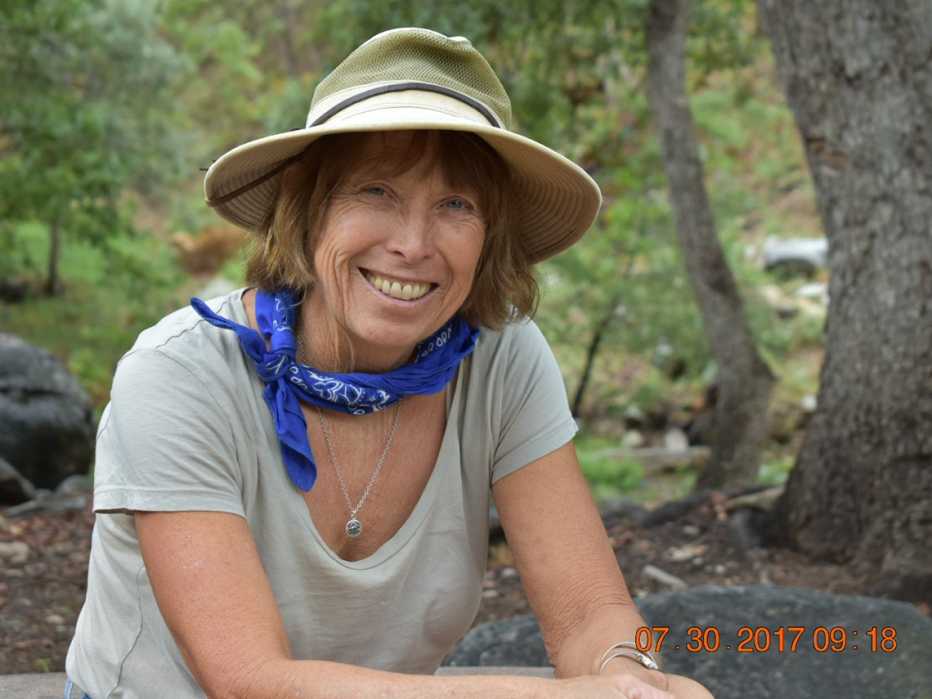
Linda Strader, 65, Green Valley, Arizona
In June 2001, I lost the job where I'd worked since 1998. I sent out résumés to every potential Tucson, Arizona, employer in my field. On Sept. 11 I had three interviews scheduled. My husband was away on a work assignment that week, which was normal. I rose early, went for my morning swim and came inside to get dressed. I'd barely dried off when the phone rang.
"I think you need to turn on the TV,” my dad said. I did, and watched dramatic footage of the twin towers in flames. After 10 minutes, I glanced at the clock. I had my first interview in an hour and a half. Should I go? I decided I had to. It wouldn't look good to be a no-show.
When I hit the interstate, I couldn't help but notice I was about the only person on the road. Something felt very, very wrong. My first stop was in downtown Tucson. The subsequent interview was more about the tragic events unfolding that day than my qualifications.
The next interview was a lunch meeting. Again, the interview had little to do with the job. My potential employer filled me in on the events I'd missed since I'd left my house. After the final interview at 2 p.m. I headed home, feeling as though the world had stopped and would never start again.
Scared, uncertain and afraid to be alone, I called my husband as soon as I walked in the door and asked him to come home early. For weeks, even months, I wondered if life would ever be the same, if the country would ever be safe again.
I didn't land any of those positions, but in November I did finally find a job.





























































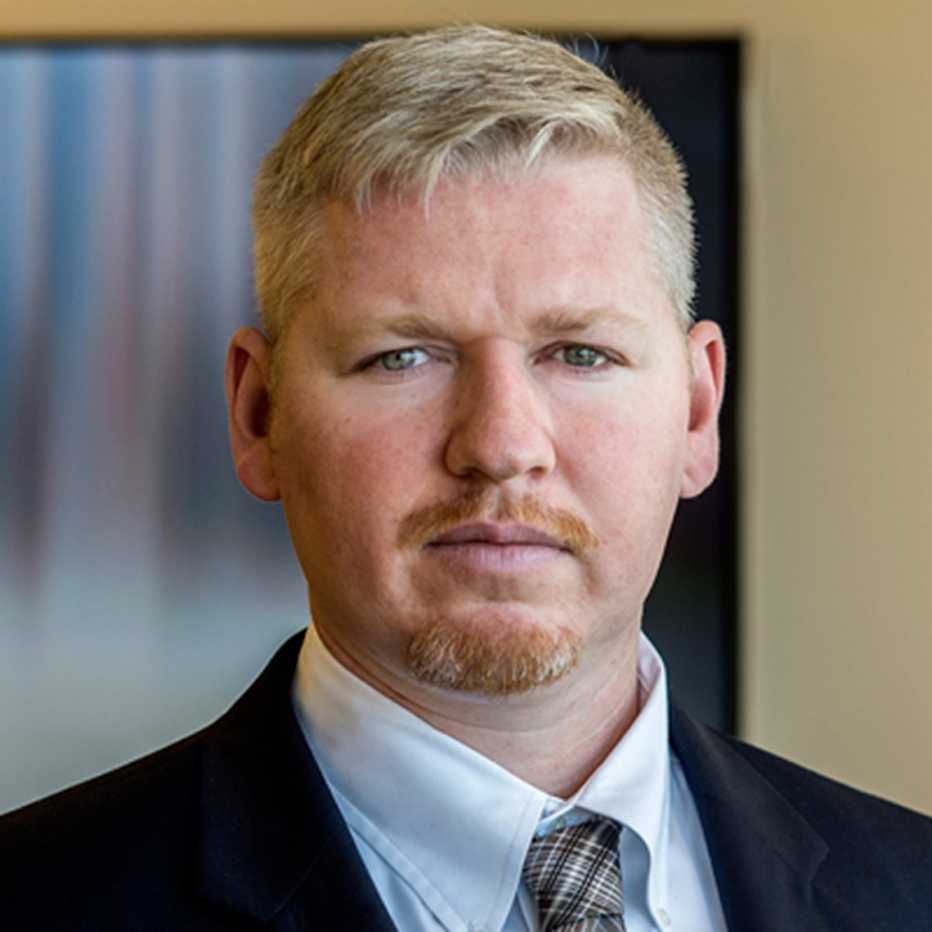
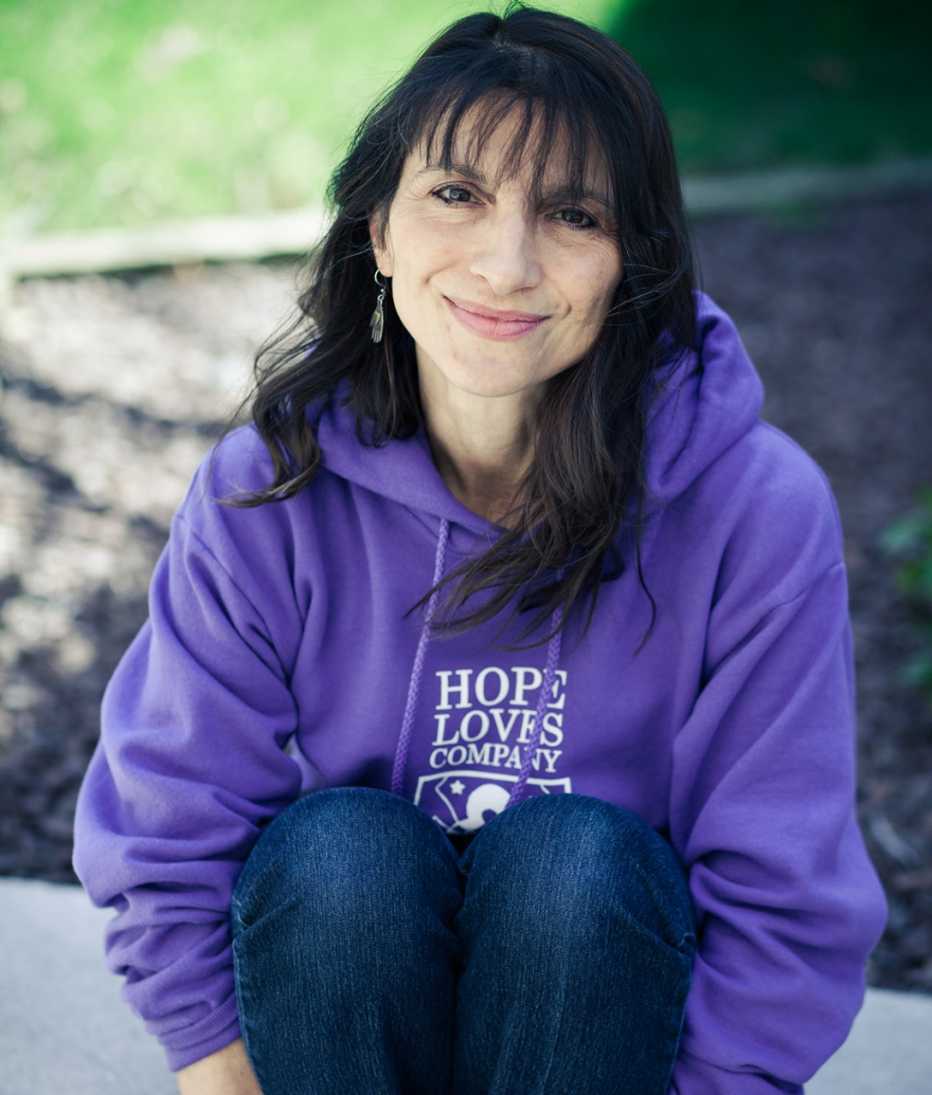
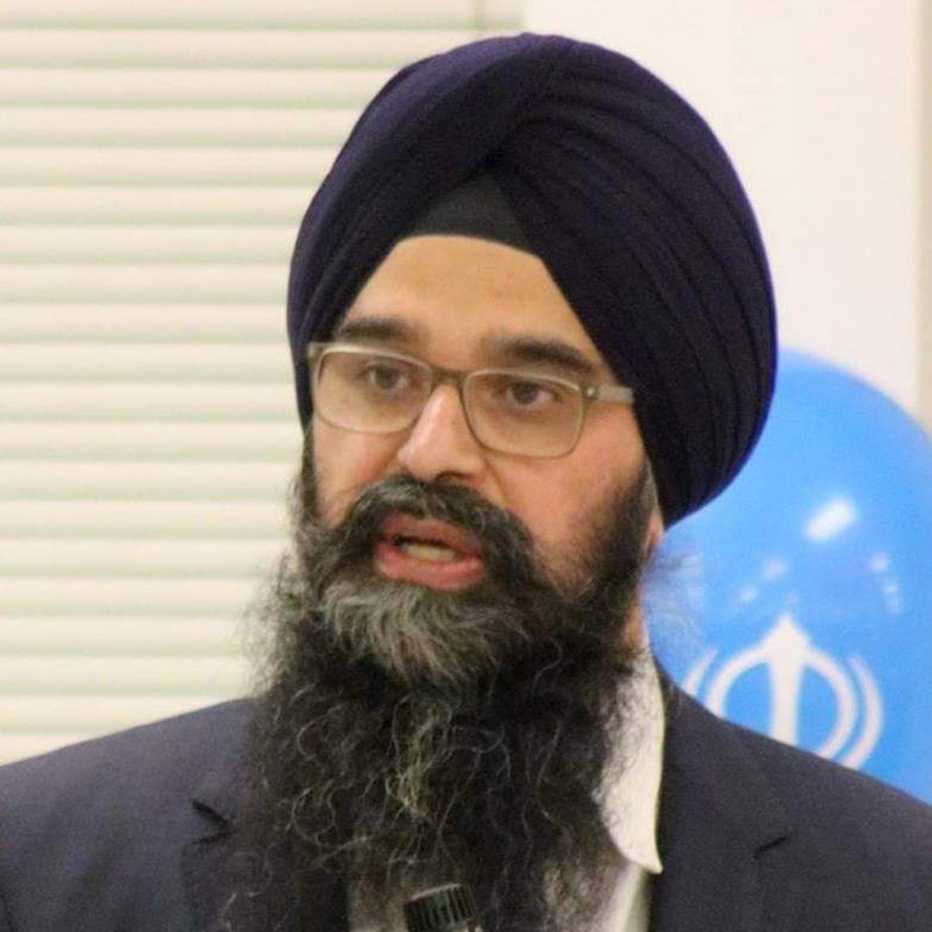
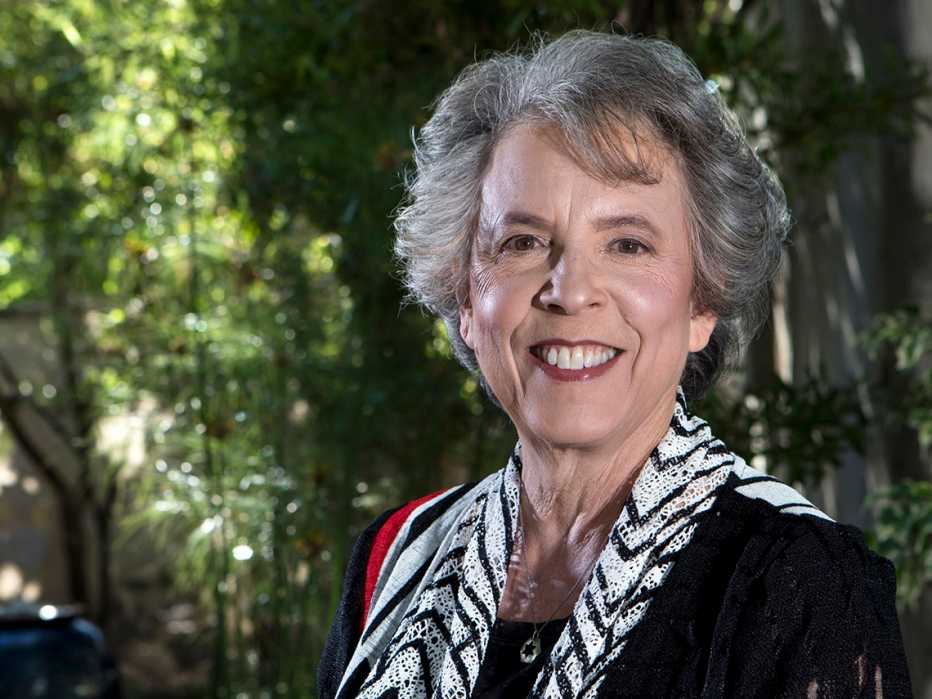
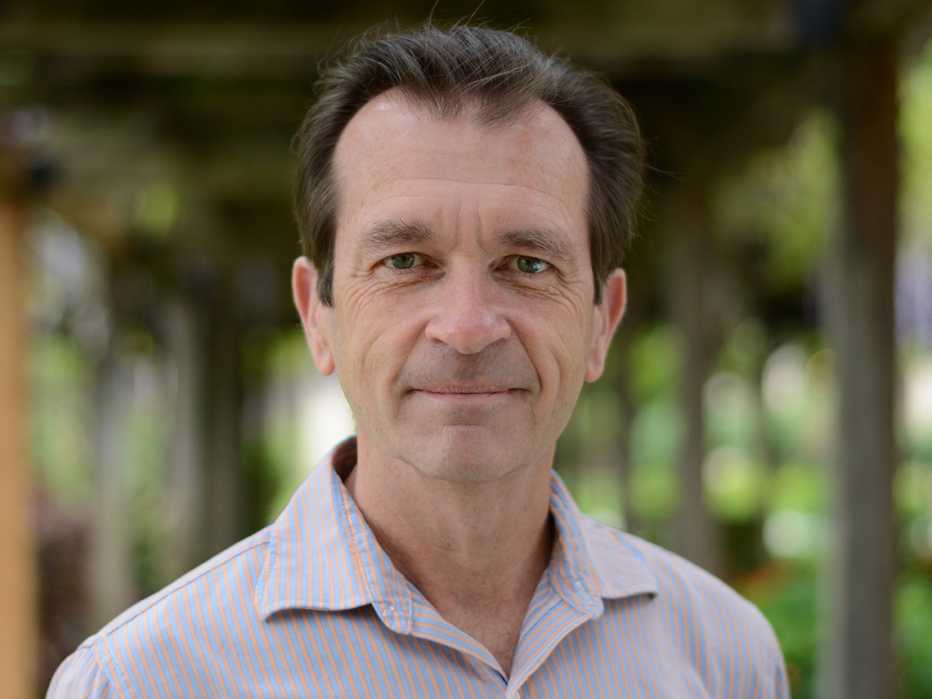




More From AARP
AARP Staffers Remember the Day That Changed Everything
Some watched the twin towers fall, others watched smoke rising from the Pentagon
Say Their Names: The Role of Ritual in Healing
Traumatic bereavement expert explores the power of collective commemoration